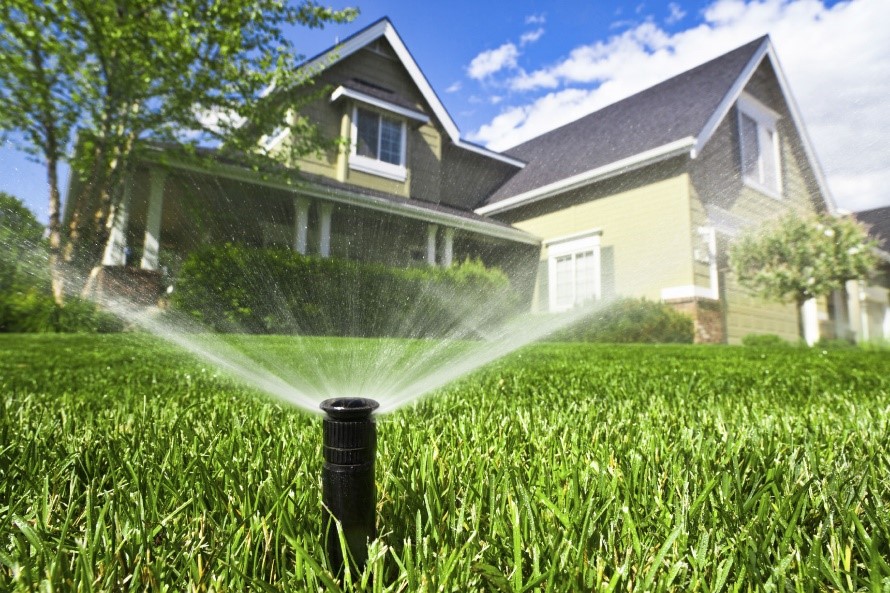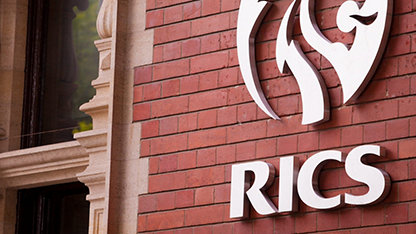There are an estimated two billion people globally who still do not have access to fresh, clean water (1), despite this being Goal 6 of the 17 UN Sustainable Development Goals (2). However, Friday 22nd March 2024 marks World Water Day, which is an important reminder of how we can protect and conserve one of our most valuable resources. In fact, water is so valuable that NASA has spent tens of millions of dollars trying to locate it on Mars.
Hotter, drier summers, an increasing population, and no new large reservoirs having been constructed for almost three decades (3) raises the question of whether we should be taking our access to and the use of fresh, clean water for granted.
As Sir James Bevan (Chief Executive of the Environment Agency) said, “Balancing the water needed for people and the environment in the face of a warming climate and a growing population will be one of the major challenges of the next 25 years.” (6)
Since 1990, it has been mandatory to have a water meter installed on new build residential properties. The Consumer Council for Water (CCW) currently estimates that at present, 60% of residential homes (approximately 16 million homes) are on a water meter, meaning that there are still almost 11 million homes not on a water meter (4).
Water meters are a hotly contested topic, but they are undoubtedly the fairest way to charge. After all, gas and electricity providers meter for their utilities, so why shouldn’t those on high incomes who disproportionally use large volumes of water for recreational purposes pay?
Seeing lawns watered via sprinklers in dry, hot summers is not just a waste of clean water but also a waste of the energy used in purifying and transporting it through the network. It also raises moral and ethical questions about our attitude as a society towards such a basic and fundamental human right.
Water meters do change consumer behaviour. On average, those with a meter use 10% to 15% less water than those without (5). This would be a significant step towards meeting the legally binding target of reducing water consumption by 20% per person by 2038. However, government intervention would be required to install compulsory meters as water companies can only force households in areas classified as water-stressed.
Following DEFRA’s consultation in 2019, the Conservative government did not mandate compulsory metering nationwide. This is despite the National Infrastructure Commission having indicated that more water metering will be needed (3).
Opponents will always argue that having a water meter will cause bills to rise. However, calculating the cost is not straightforward, given that it varies across the UK. In East Anglia, for example, Anglia Water estimates that the average household would generate savings within their region of £150 per year on average (3).

The question of whether a water meter causes a bill to rise is largely superfluous when you consider the reality of the situation. Yes, utility companies have their part to play; however, as consumers, the first fundamental principle has to be reducing our willingness to pour it back down the drain. If society does not reduce consumption and consumer wastage, we may see greater water inequality anyway.
References
(1) Murugesu J A, ‘Around 2 billion people don’t have access to clean drinking water,’ New Scientist
(2) United Nations, ‘The 17 Goals'
(3) Harvey F, ‘Water metering should be compulsory in England, advisers likely to say’, The Guardian
(4) Abeni M, ‘Should you get a water meter in the UK?’ The Eco Experts
(5) BBC News, ‘’QA: Water meters and you’
(6) UK Government, ‘Government to consult on reducing personal water consumption’















